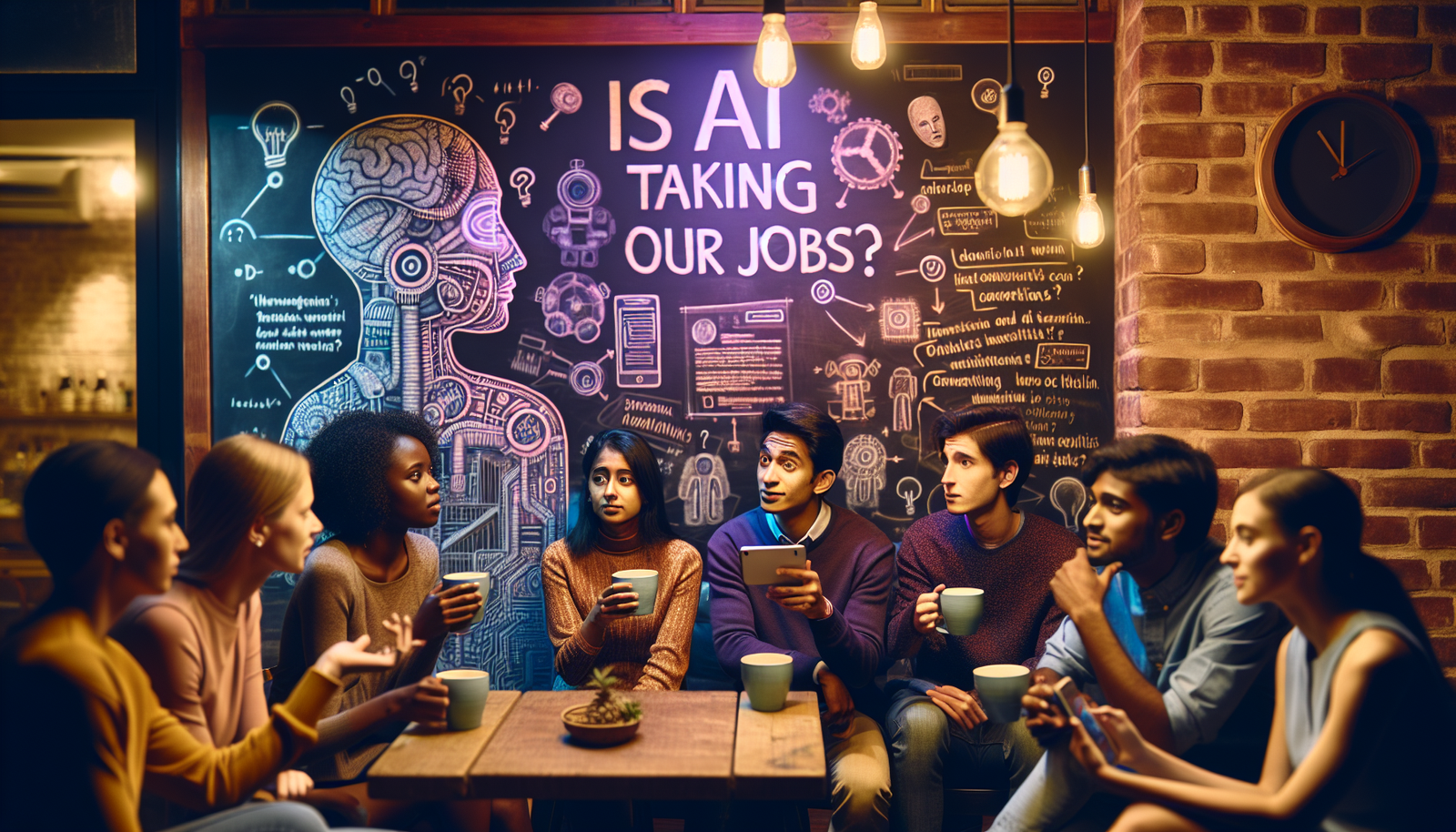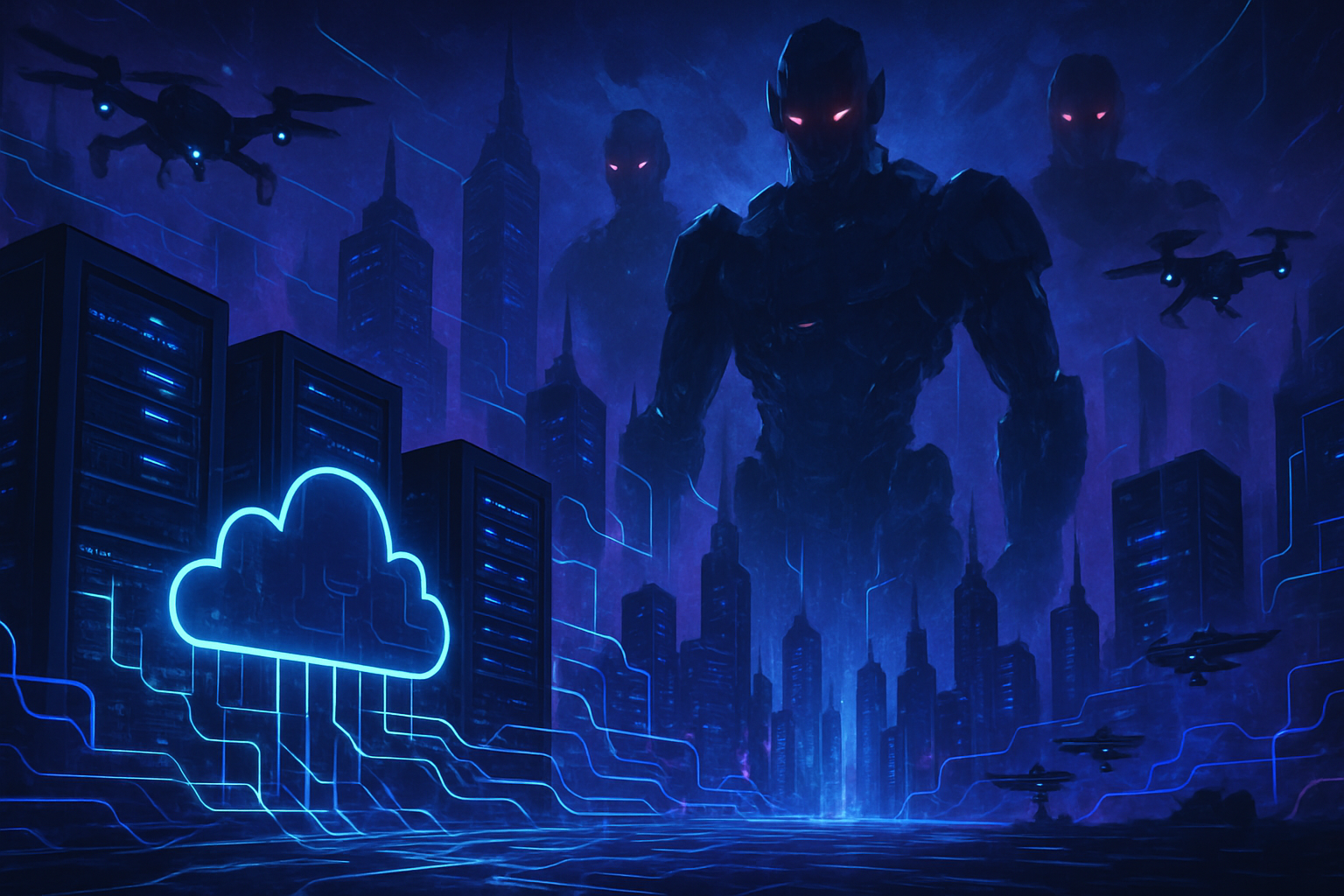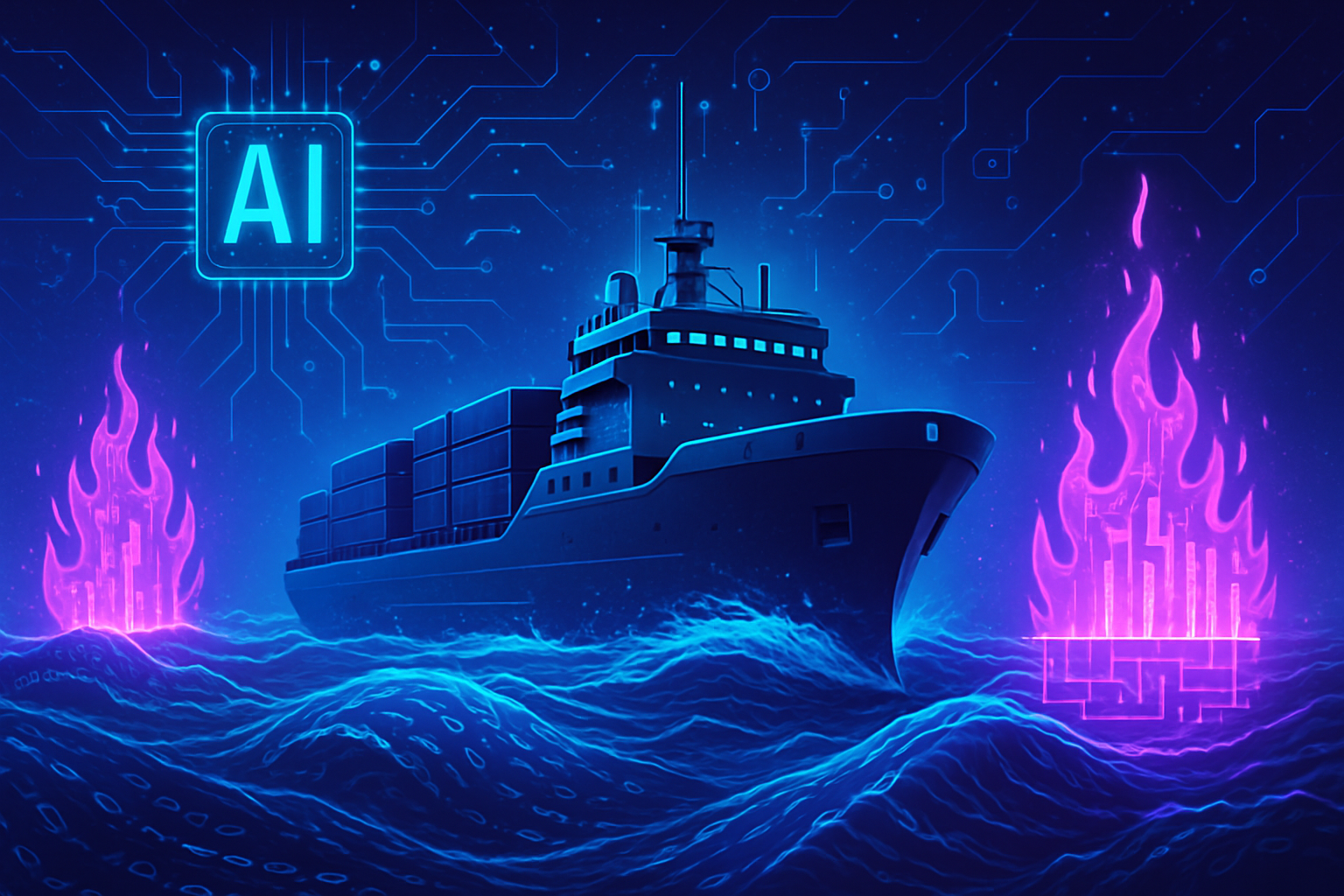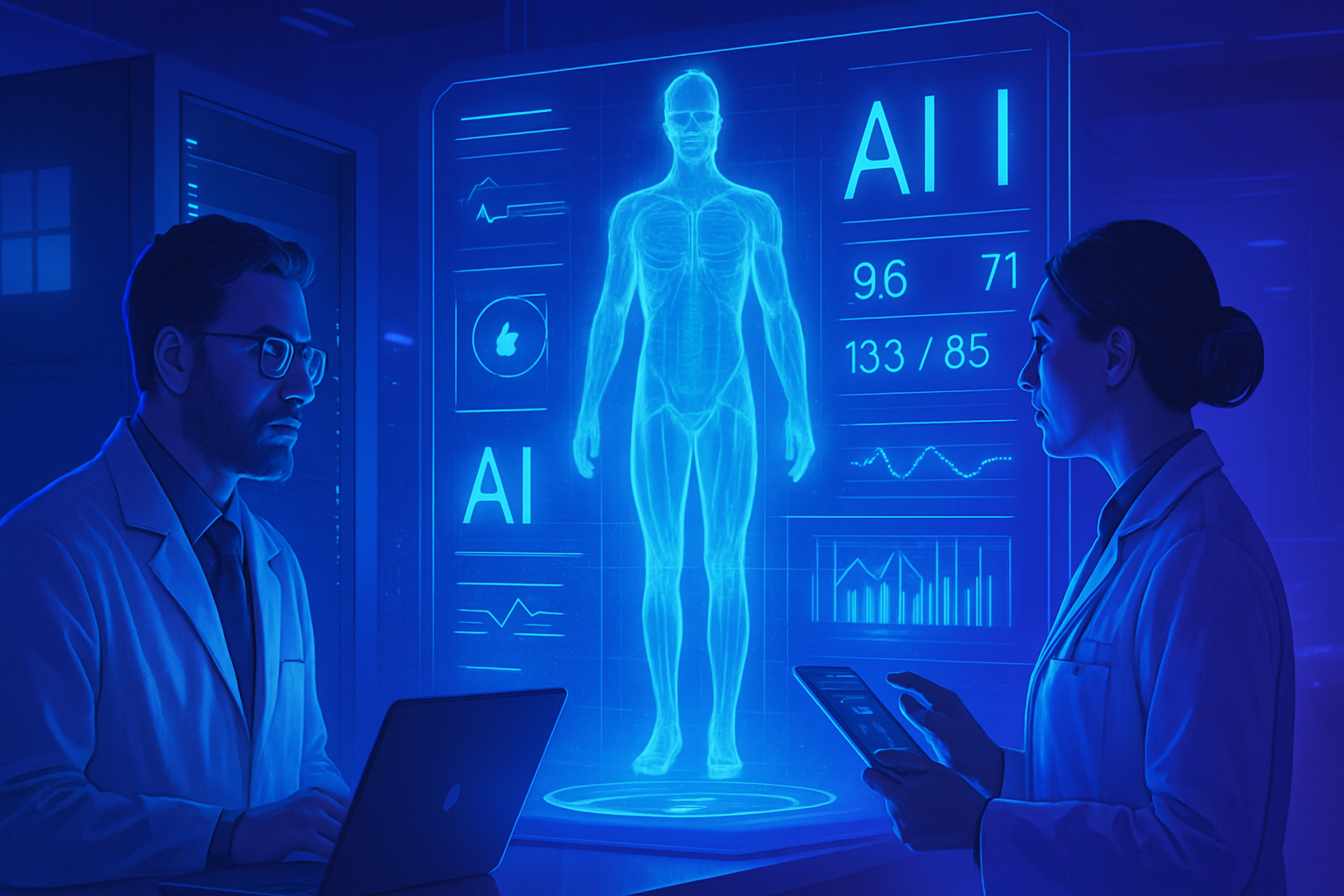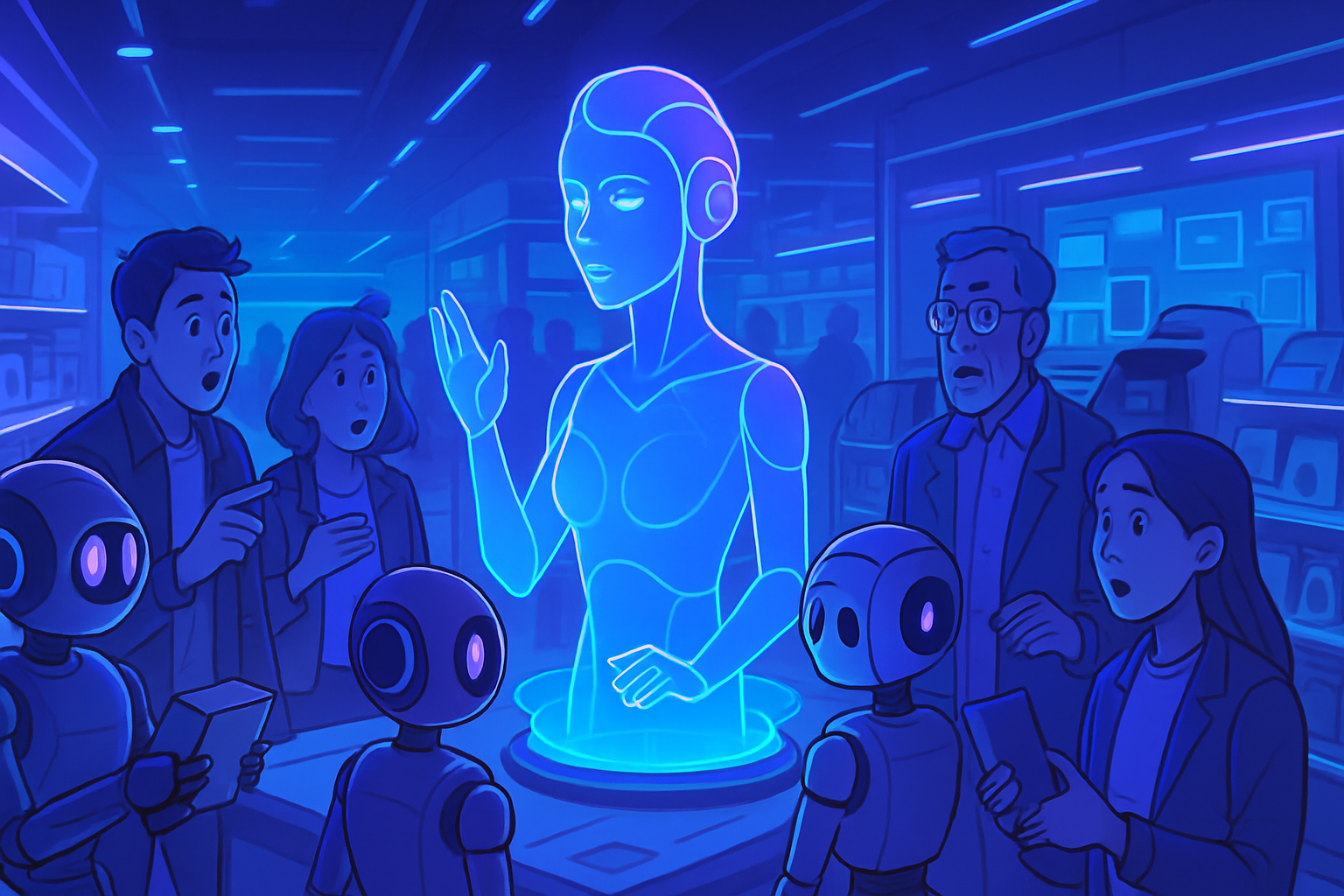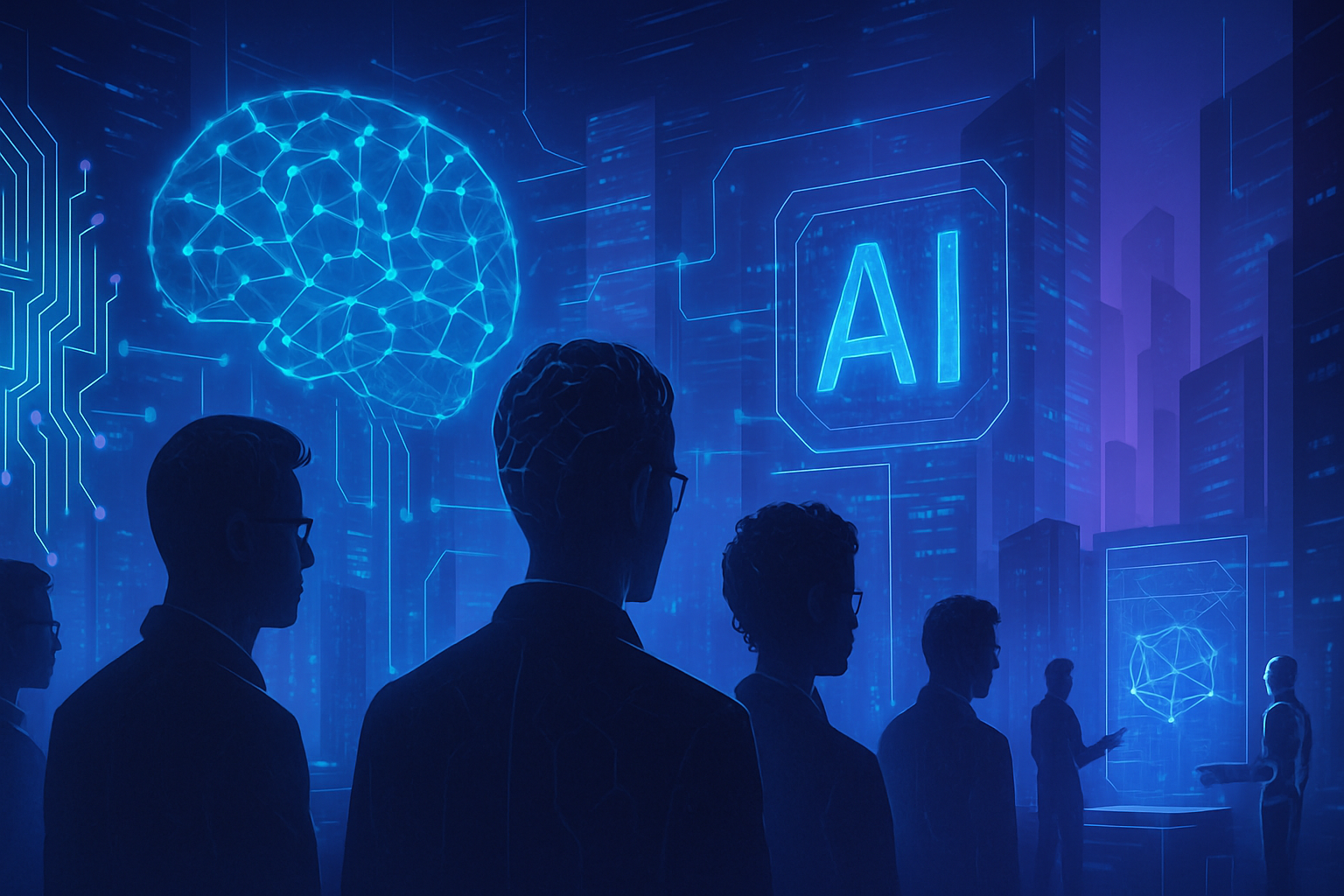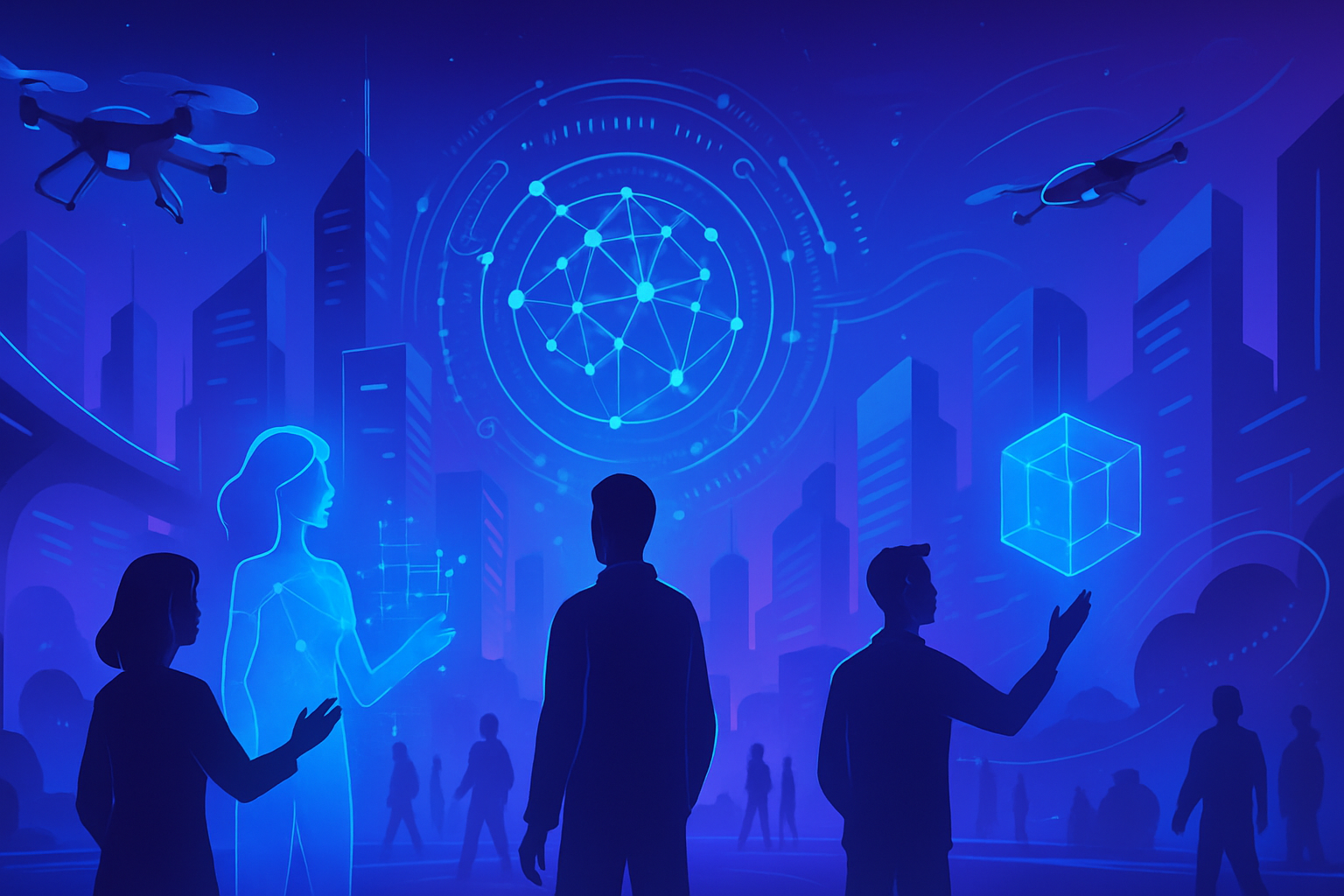The rapid emergence of artificial intelligence is profoundly altering the professional landscape and stirring mindsets, particularly among *Generation Z*. These young professionals express legitimate anxieties about a technological transition deemed destabilizing. Due to their late entry into the workforce, they question their vulnerability to automation of tasks. The recent survey on their perceptions reveals a marked apprehension regarding the impact of AI, prompting a deep reflection on the nature of their professional future.
Generation Z’s fears regarding AI
A survey conducted by General Assembly has highlighted the concerns of Generation Z about the influence of artificial intelligence on their careers. Indeed, 62% of the young respondents believe that AI could threaten their jobs within ten years.
The anxiety of entry-level workers
The vulnerability of young professionals is particularly palpable. They often find themselves in entry-level positions that are more likely to be affected by automation. The director of engagement at General Assembly, Lupe Colangelo, emphasizes that AI can perform repetitive tasks previously assigned to inexperienced workers.
The impact of AI-related layoffs
Recent figures concerning job losses in the United States significantly heighten this anxiety. Over 4,600 layoffs have been reported since May, although this number is likely underestimated. This climate of uncertainty intensifies the concerns of young people about the stability of their jobs.
Generational differences in perceiving threats
Directors and vice presidents appear less worried about AI. Only 6% of them consider automation a threat to their role. Their experience and ability to provide context that AI cannot yet match explain this calmness.
Expectations from employers
Young workers express specific expectations towards their employers. Approximately 79% would like their efforts to be officially recognized. Companies need to understand that recognition motivates and retains young talent in a changing work environment.
Soft skills: a notable deficit
Employers highlight the lack of soft skills among young workers, particularly in communication and time management. While these young individuals bring an innovative perspective, non-technical skills seem inadequate to meet companies’ expectations.
Professional adaptation in the face of AI
In light of rising automation, young people must remain flexible and ready to acquire new skills. Collaboration between companies and educational institutions becomes necessary to ensure an environment conducive to nurturing talent.
The importance of education and training
Training programs must evolve to include both technical skills and behavioral traits. A balance between these two dimensions is essential to prepare young people for a future where human-machine interaction predominates.
The challenges of integrating AI in business
Companies face a dual challenge: integrating new technologies while ensuring the skill development of their young employees. This process entails significant structural adjustments, encompassing reskilling and upskilling initiatives.
Future perspectives and professional growth
Generation Z has mixed feelings about AI. They recognize its advantages in terms of efficiency but also worry about the sustainability of their roles. Awareness of the importance of AI should not translate into a feeling of helplessness.
Frequently Asked Questions
What is Generation Z’s main concern regarding artificial intelligence and employment?
Generation Z mainly fears that artificial intelligence will replace their jobs, especially entry-level positions, due to increased task automation.
How does AI impact the careers of young Generation Z members?
AI has the potential to render certain jobs obsolete, creating professional uncertainty for young individuals entering the job market.
What are the statistics regarding fears related to AI among Generation Z?
A recent survey revealed that 62% of young people believe that AI could replace them in the next ten years.
Which sectors’ professions are most threatened by AI for Generation Z?
Sectors such as customer service, administration, and routine tasks across various industries are the most likely to be affected by automation.
What are the main factors contributing to young people’s anxiety regarding AI?
Young people’s anxiety is exacerbated by job market pressure, lack of experience, and recent layoffs related to AI.
How does Generation Z compare to other generations regarding AI?
Nearly 47% of millennials also fear that AI will replace their roles, but their level of anxiety is generally lower than that of Generation Z.
What is the perception of business leaders regarding the impact of AI on their positions?
Executives appear less worried, with only 6% of them considering AI a threat to their employment, due to their experience and adaptability.
What skills should Generation Z develop to adapt to the impact of AI?
It is crucial for Generation Z to focus on developing soft skills, such as communication and problem-solving, which are less likely to be automated.
How can companies support young people in the face of AI?
Companies should offer training programs focused on integrating new technologies while encouraging the personal and professional development of young employees.
What advice would you give to young people to navigate a future dominated by AI?
It is important for young individuals to remain flexible, learn continuously, and open themselves to the opportunities that AI can bring while developing unique and creative skills.
